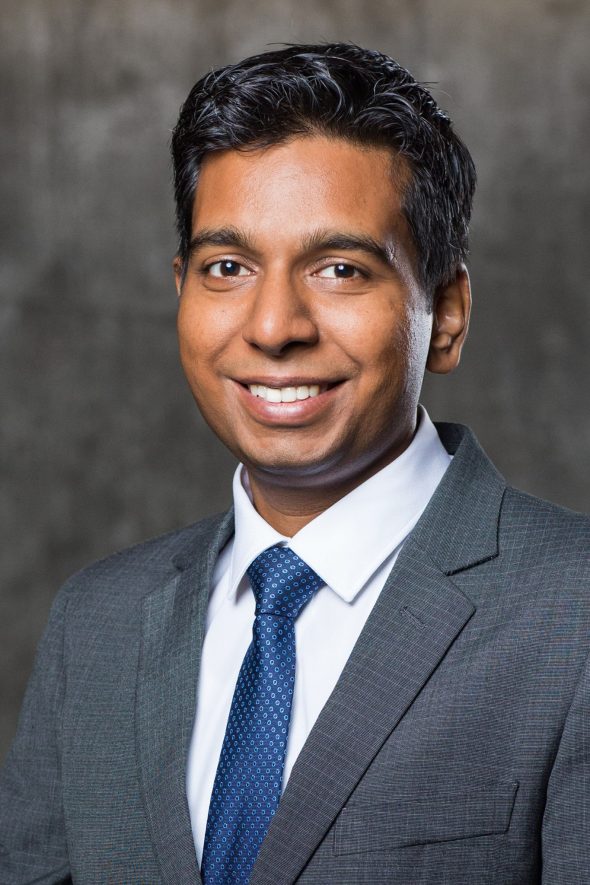The idea of “networking” can seem tedious at times. The term might invoke a sort of technical, calculated connotation, in which we only view other people as opportunities for our own professional advancement and not as dimensional individuals. However, if approached properly, I think networking can prove to be a positive, fulfilling experience. Some of the most positive relationships I’ve had in my life have been forged through “networking” and have developed into genuine friendships that have lasted years.

One positive example of networking in my life can be traced back to another group of Humphrey Fellows. I first met Kunal Ranjan, a 2015-2016 Humphrey Fellow at the Walter Cronkite School of Journalism, last spring, when I attended a small luncheon with several of the fellows and several other Barrett students. I admittedly wasn’t expecting much to come from my attendance other than the opportunity to learn something from the fellows’ experiences; that is, I didn’t expect any of them to pay any particular attention to me, given that they all had busy lives of their own.
However, Kunal and I immediately bonded over our shared Indian heritage, and he even made a point to shake my hand before leaving. That moment really stuck with me–I wasn’t an experienced professional like himself or any of the other fellows, and yet, he made a point to show me that he valued our connection.
Later that spring, I happened to run into Kunal again when I was walking around the Cronkite campus. He was sitting on a bench talking to Tynymgul Eshieva, another fellow from that year, and they both immediately welcomed me into their conversation. Kunal even remembered several details I had shared at the luncheon where we had met; for example, he remembered where I was from and what year I was in. I was impressed that he remembered these small details about me, even though he had probably met loads of other people during his time in the United States. Kunal then told me about several elite graduate programs for non-resident Indians at universities in India and encouraged me to consider applying for them. He even offered to provide me with further guidance in the future. He also invited me to the Humphrey Fellows’ graduation ceremony that year, which inspired me to later enroll in the Humphrey Seminar class the following fall. To this day, Kunal and I are still in touch on social media, and I deeply appreciate his role in my life as a friend and professional role model.
I learned a lot about networking from my interactions with Kunal. For example, I learned that networking isn’t just a clinical term to describe the practice of making connections for self-advancem
ent; rather, it can also be about offering your genuine guidance and support to those with less experience than you, building others up and enriching yourself in the process. I also learned that networking doesn’t have to feel stiff or awkward; in fact, it’s often borne of a genuine curiosity about another person’s life, skills, and journey. Finally, I learned that it’s not always necessary to approach the topic of networking with sky-high expectations and a clear “game plan.” Sometimes, you can walk into a new opportunity or experience with an open mind — and, admittedly, with low expectations — and come out with valuable connections and possibilities you hadn’t ever thought of before.
If I hadn’t attended that luncheon and met Kunal, I wouldn’t be in the Humphrey Seminar class right now, nor would I be considering any of the possibilities for my post-graduate career or study that he suggested I look into. I’m really grateful to Kunal for our friendship, and I’m also very grateful to the Cronkite School for giving me the opportunity to connect with him, the current group of Humphrey Fellows, and potentially more groups of fellows in the future.

